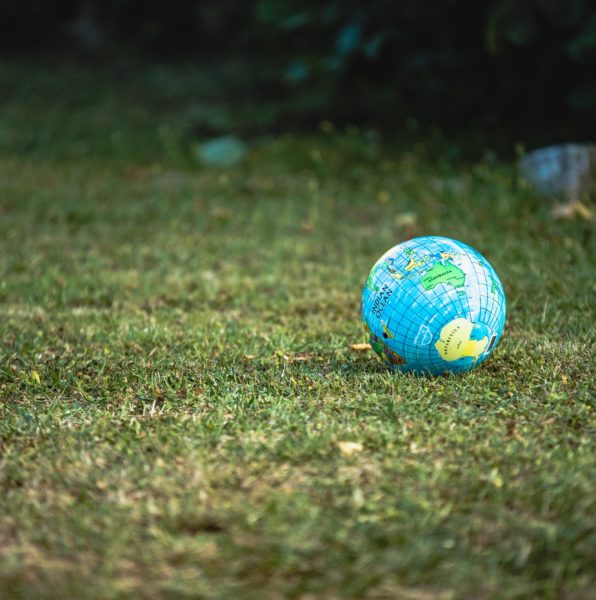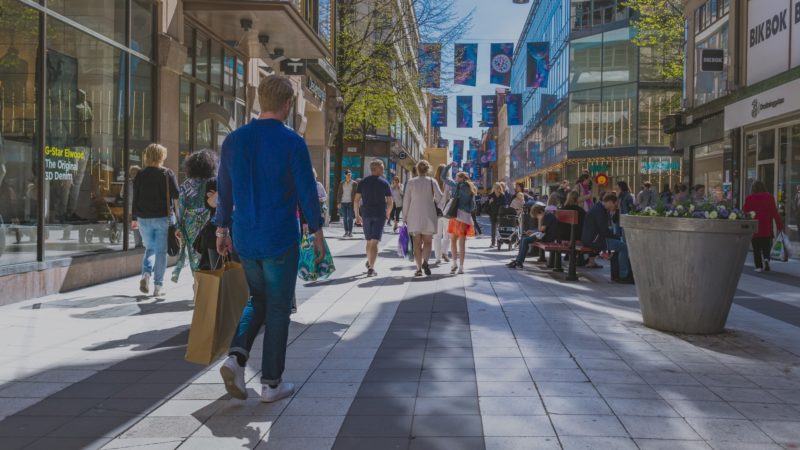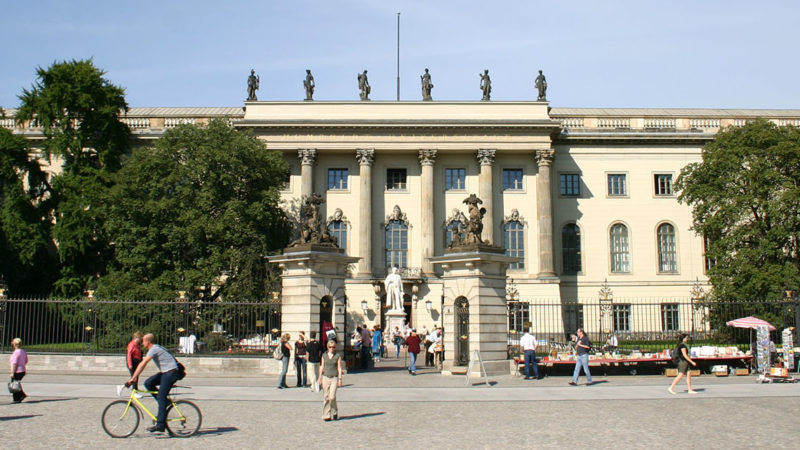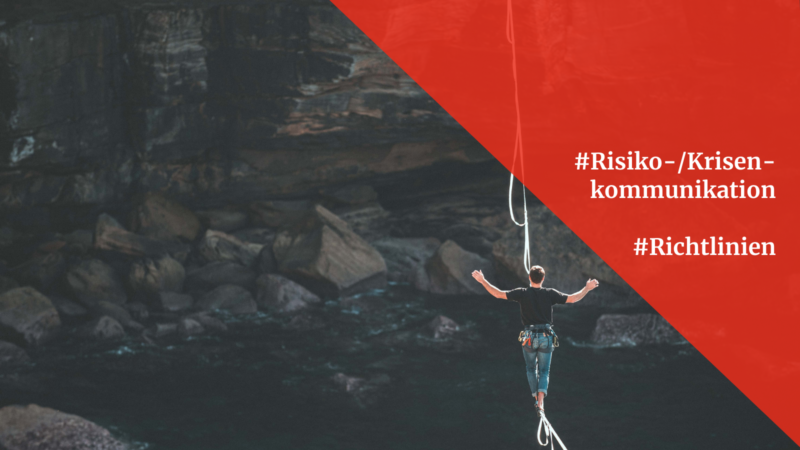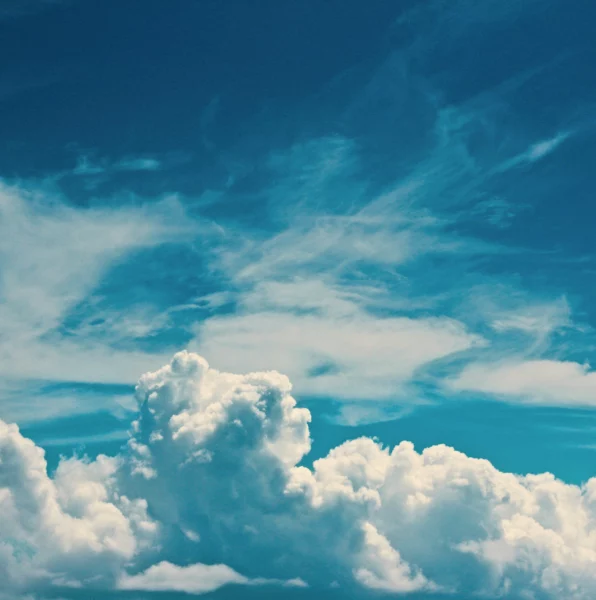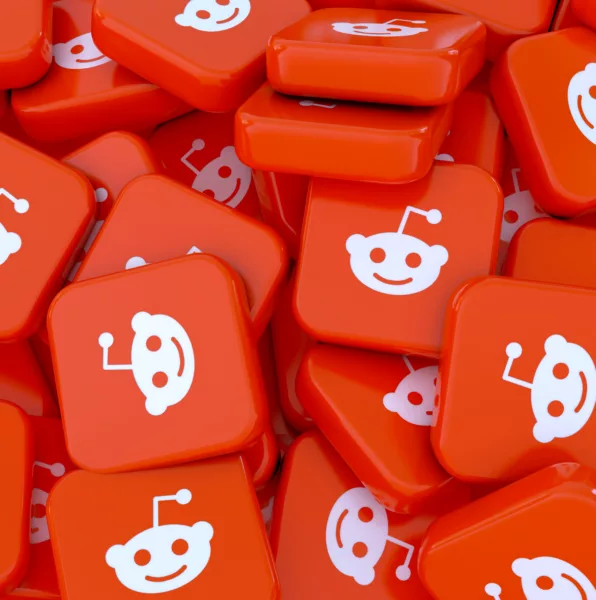From the displacement of Ukrainian researchers due to the Russian war, the exclusion of women and girls from the Afghan education system and the silencing of dissenting scholarly voices in Turkey and Syria – the news is full of the violent targeting of academic communities. But there are also more subtle threats at play. Robert Quinn, executive director of Scholars at Risk (SAR), talks about these pressures on academic freedom and how the network intervenes.
“Academic freedom is only in retreat if we retreat”
Mr. Quinn, communicating science has many benefits for researchers, but can also put them in the spotlight, making them more vulnerable to attacks. How does SAR support academics who are threatened?
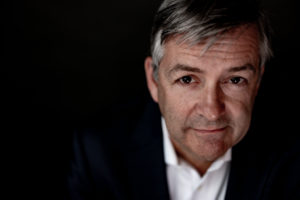
The Scholars at Risk Network says that solidarity is the way to protect the space for generating ideas and for communicating the truth. So first and foremost, it is through solidarity. Beyond that, we have a range of activities, some of which are providing direct assistance to the individuals who are most threatened. Some activities are about monitoring and publishing when there are incidents of infringement as a way of making sure they are seen by the public. Another part of it is by education and norms creation, in particular encouraging members of the scientific community to stand together and speak up.
Could you go more into detail about how you support researchers that are most threatened?
This is the core of our work at Scholars at Risk, a network that is embedded at universities in over forty countries at this point. We try to create temporary positions for researchers or practitioners who are either victims of conflict and disasters or who are specifically targeted for their work. We operate as a matchmaker between individuals who need help and institutions that say they are willing to help out.
We thank @AarhusUni for their collaboration in offering a placement to an at-risk #scholar on their campus! If interested in supporting #academicfreedom, join the network today! https://t.co/Afb7wbHQm2 pic.twitter.com/0PNbwxFI5z
— Scholars At Risk (@ScholarsAtRisk) May 30, 2023
What happens to these academics after the short-term stays?
It depends on the individual and context. Some individuals can go home at the end of short-term displacement. We may be able to help others find a second position somewhere in our network. Some find one on their own. So, this side of our work I would analogize to a lifeboat. Just because you do not know what happens to someone when they get out of the lifeboat does not mean we should not have lifeboats. We cannot solve every problem. But by working together as a network, now for over 20 years, we can be more efficient and successful in helping those at risk.
SAR reports that the largest percentage of scholars requesting assistance have come from Afghanistan, Ukraine, Ethiopia, Turkey, and Yemen. What kinds of attacks are academics in these higher education communities facing?
Looking at our monitoring projects and our Free to Think reports we have been using the same typology of attacks for over ten years. On the extreme side these are risks to life and physical well-being, including torture, abuse or long-term imprisonment. And then all the way on the other side you have limitations on travel, such as not being able to go to a conference, or loss of professional privileges, so maybe you do not get promoted or you do not get promoted as fast. It really is a continuum.
I think just because it happens in a much less violent way in some places does not mean that it is better. It just means that the environment is more sophisticated. So, these powers can use less violent means but can still have the same chilling effects on higher education communities. When you look at different countries it really depends on the current political and cultural context. But I think it is fair to say that the majority of pressures come from state authority. Although there are certainly non-state actors as well that play a significant role in pressuring the space.
You describe academic freedom as “the freedom of teaching faculty and researchers to set instructional and research agendas based on evidence, truth and reason, and to communicate findings to colleagues, students and the public”. What is the status of academic freedom in Europe?
Well, first I should say that the definition is not really mine as much as it is a reporting of the internationalized standard of academic freedom, which is grounded heavily in UNESCO instruments. So, what is the status of higher education? I think globally and in Europe, not surprisingly, it is strained and under pressure. On the one hand, this has always been the case, due to a structural tension between power and ideas. And this tension will always be there. In healthy societies we learned to harness that tension to drive progress for public good. But what we have been seeing, especially over the last decade, is a global shift towards authoritarian leadership, which tends not to enjoy the critical function of universities in a whole range of disciplines.
I think we are called upon at this moment to respond. We should approach it with a scientific state of mind and say: “Okay, the tension is there, but we do not have to accept that it leads to violence”. We do not have to accept that it leads to physical attacks at universities. We do not have to accept proposed reforms that would undermine academic freedom. We have to stand up against this development. This is important not just because it leads to better knowledge production, but also because it is an essential function for democratic societies to have spaces where we can talk about complex and sometimes difficult topics.
Could you elaborate on the current situation in the US?
It is sometimes hard, especially in the media, to convey two realities that are parallel and simultaneous. On the one hand, it is absolutely true that academic freedom is under heightened pressure in the US and elsewhere and we need to pay very serious attention to avoid spread.
In addition to providing direct assistance to threatened scholars, your advocacy work includes monitoring threats to academic freedom worldwide, and sharing situations of concern in your Academic Freedom Media Review newsletter. What has been the impact?
We take notice of all kinds of situations in the media that are about academic freedom. Most of them probably do not rise to the level of attack. But what I think is most important is to dispel the belief that threats to academic freedom are just happening ‘over there’, wherever over there is. The media review points out that this is happening everywhere. It happens in my country, it happens in your country. This is not to make us feel helpless, but rather to make us feel united. It’s a situation that we should all pay attention to and if we do, we can do something about it.
In many countries, academic freedom is in retreat. Do you also observe positive trends?
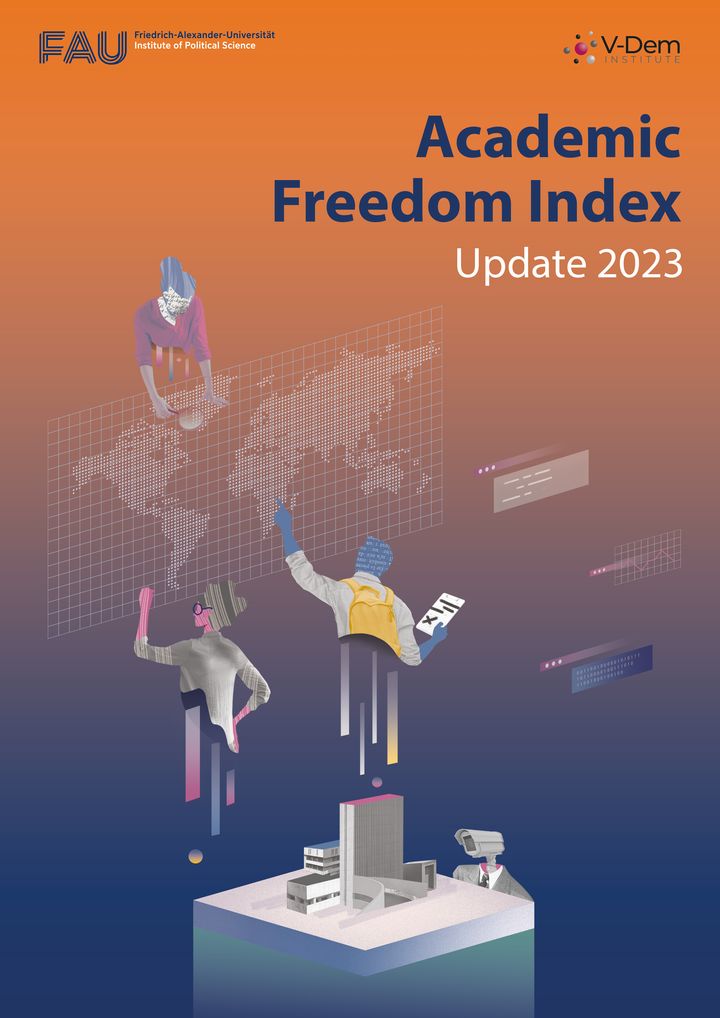
That is a great question. First of all, academic freedom is only in retreat if we retreat. We cannot prevent it from being under pressure. So, I would agree with you.
Academic freedom is under great pressure in lots of places. But on the other hand, there has never been a better time to defend academic freedom. I would point you to the Academic Freedom Index which is an annual academic freedom measure and each year there are a few improvements in the score there. We also have our network, which is the largest network ever specifically established and dedicated to promoting academic freedom. We have many partners within our movement that are all working together. Today there are more organisations supporting threatened scientists than in any time in history.
There is a positive trend in Europe, because of a growing awareness amongst state actors on the intersection between academic freedom and democratic values. They realise academic freedom is actually a deeply necessary, critical function, that any healthy democratic society has to have. 